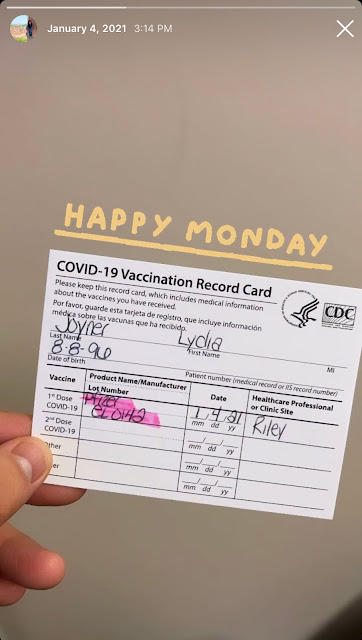Pharmacy Outlook
Pharmacy has gone through many changes over the years, some that have improved the profession for the better as well as some that have cast dreary doubt on the future of the profession. I'm going to focus on some interesting trends I've noticed in the field, and how it's going to influence prospective job market for pharmacy. In particular, I'm going to discuss the rise pharmacy programs in the U.S., predicted pharmacy job growth and application & admittance trends for these programs. It's no secret that from the late 90s to present day there has been an explosion in pharmacy programs across the U.S. with many of these pharmacy schools not even being ACPE accredited. Since the year 2000, the number of pharmacy schools has almost doubled from roughly 80 to 142 U.S. based pharmacy schools as of December of 2022. It seems this exponential growth in large part is due to many academic institutions trying to capitalize on the increase of pharmacy sc...

